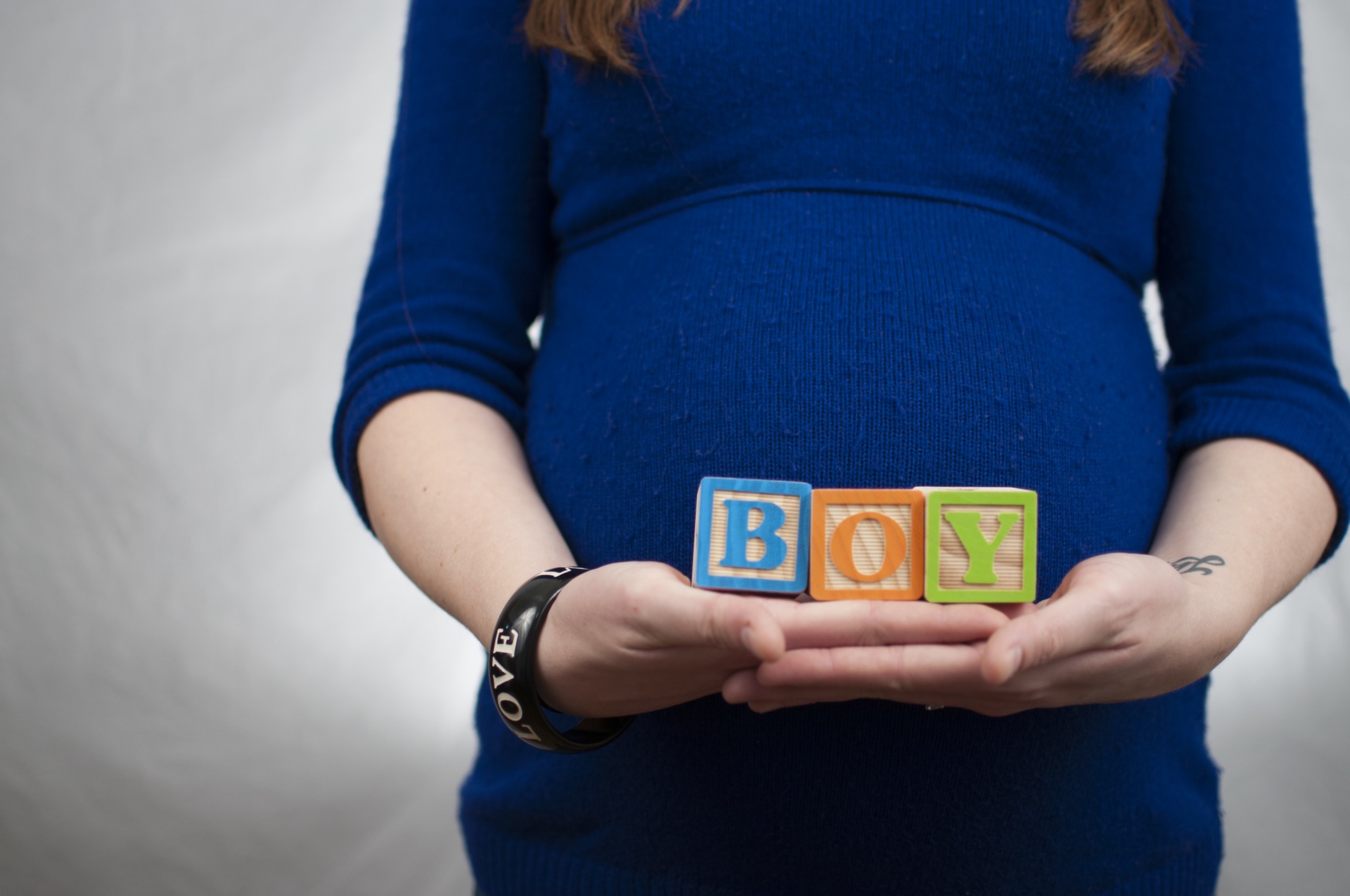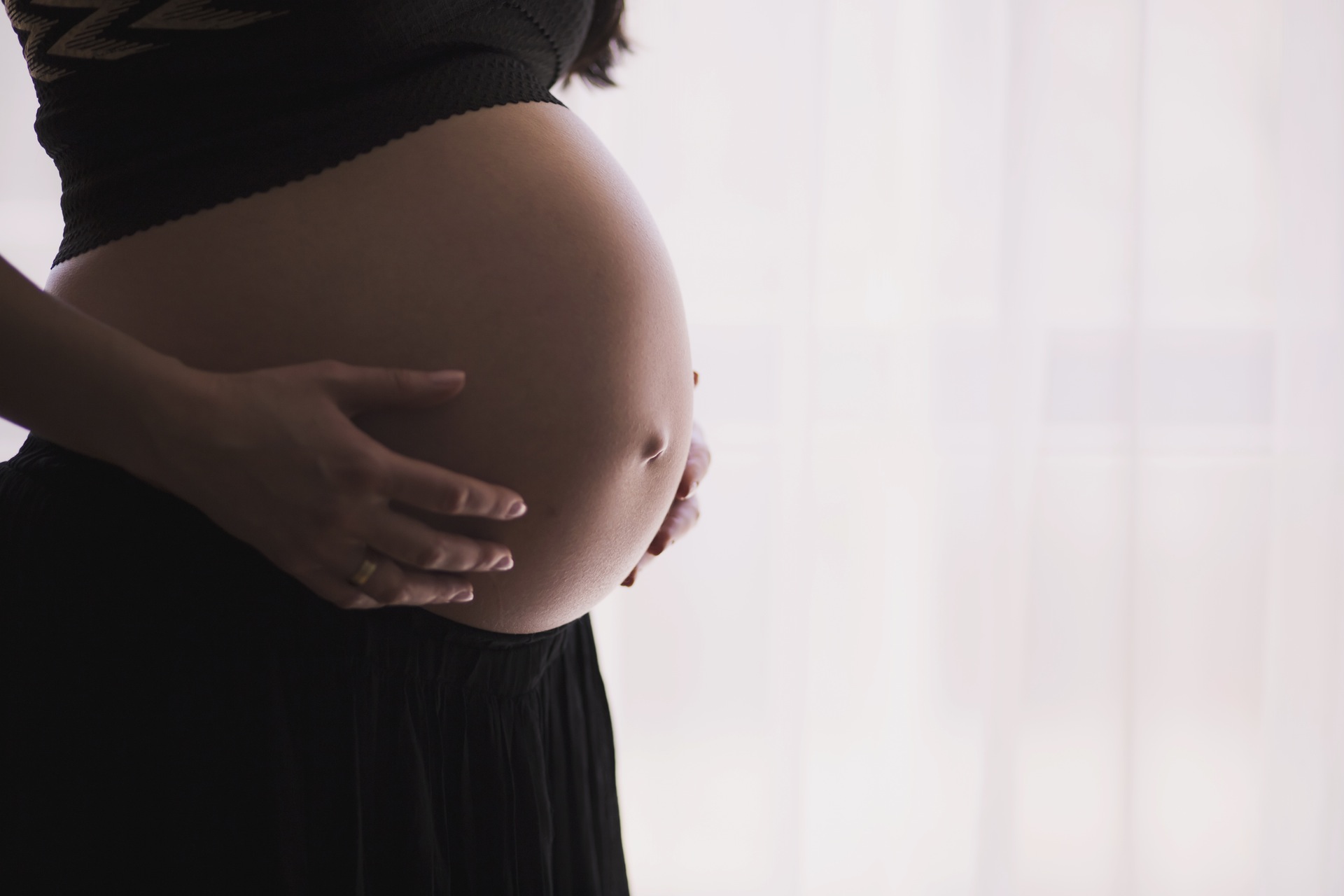Abortion is an emotive subject. It also raises several human rights questions, relating to women’s autonomy, religious beliefs and when the right to life begins.
A legal challenge has just been launched attempting to change abortion laws in the UK. Campaigners want the criminal law to explicitly prohibit babies being aborted because of their gender.
The current law
The Offences Against the Person Act 1861 makes it is a criminal offence to ‘procure’ (in other words, cause) a miscarriage. But under the Abortion Act 1967, a pregnancy can be terminated under certain conditions.
One ground for termination is that two registered medical practitioners believe that the pregnancy has not exceeded its 24th week and that continuing the pregnancy would involve greater risk to the physical or mental health of the pregnant woman than if the pregnancy were terminated. Another ground upon which a pregnancy may be aborted is where there is a substantial risk that if the child were born it would “suffer from such physical or mental abnormalities as to be seriously handicapped“. Not being satisfied by the gender of the foetus is not a ground for abortion in UK law.
But in some cultures, having a boy is preferred over having a girl. According to the Telegraph, it is believed that more than 100 million female foetuses have been destroyed worldwide due to ‘gendercide’ (that is, gender-based abortion).
So what has happened?

In 2012, two doctors practising in the UK were filmed by a newspaper agreeing to gender-based terminations. In 2013, the Crown Prosecution Service (CPS) decided not to prosecute them. Detailed reasons for the refusal were given by then Director of Public Prosecutions Sir Keir Starmer in this letter.
In England and Wales, criminal prosecutions are generally brought by the CPS, but individuals and groups with evidence that a crime has been committed can bring a ‘private prosecution’. An English barrister, Paul Diamond, known for representing Catholic organisations in key religious rights cases, and a Pro-Life campaigner, Aisling Hubert, brought a private prosecution against the two doctors. In 2015, these prosecutions failed. They then brought a legal challenge, seeking to get the CPS’s decision not to prosecute overturned. This challenge also failed.
Last year, the House of Commons rejected backbench proposals (292 votes to 201) for a new law to amend abortion laws and explicitly make sex-selective abortion a criminal offence. The House of Commons called for further research to be carried out in the area.
To Strasbourg

In an effort to have the law on sex-selective abortions changed, Paul Diamond and Aisling Hubert are now applying to the European Court of Human Rights.
Barristers representing the pro-life group will reportedly argue that the right to life outlined in Article 2 of the European Convention on Human Rights applies to the foetus during the pre-natal stage of pregnancy.
In its previous case law, the European Court of Human Rights stated that the issue of when the right to life begins falls to be determined by the State, and the Court rejected a claim based on a threat to an embryo’s ‘right to life’. This is a big hurdle to overcome for the campaigners. We will keep you posted on what happens next.
Read more about the right to life with our explainer and infographic poster.






